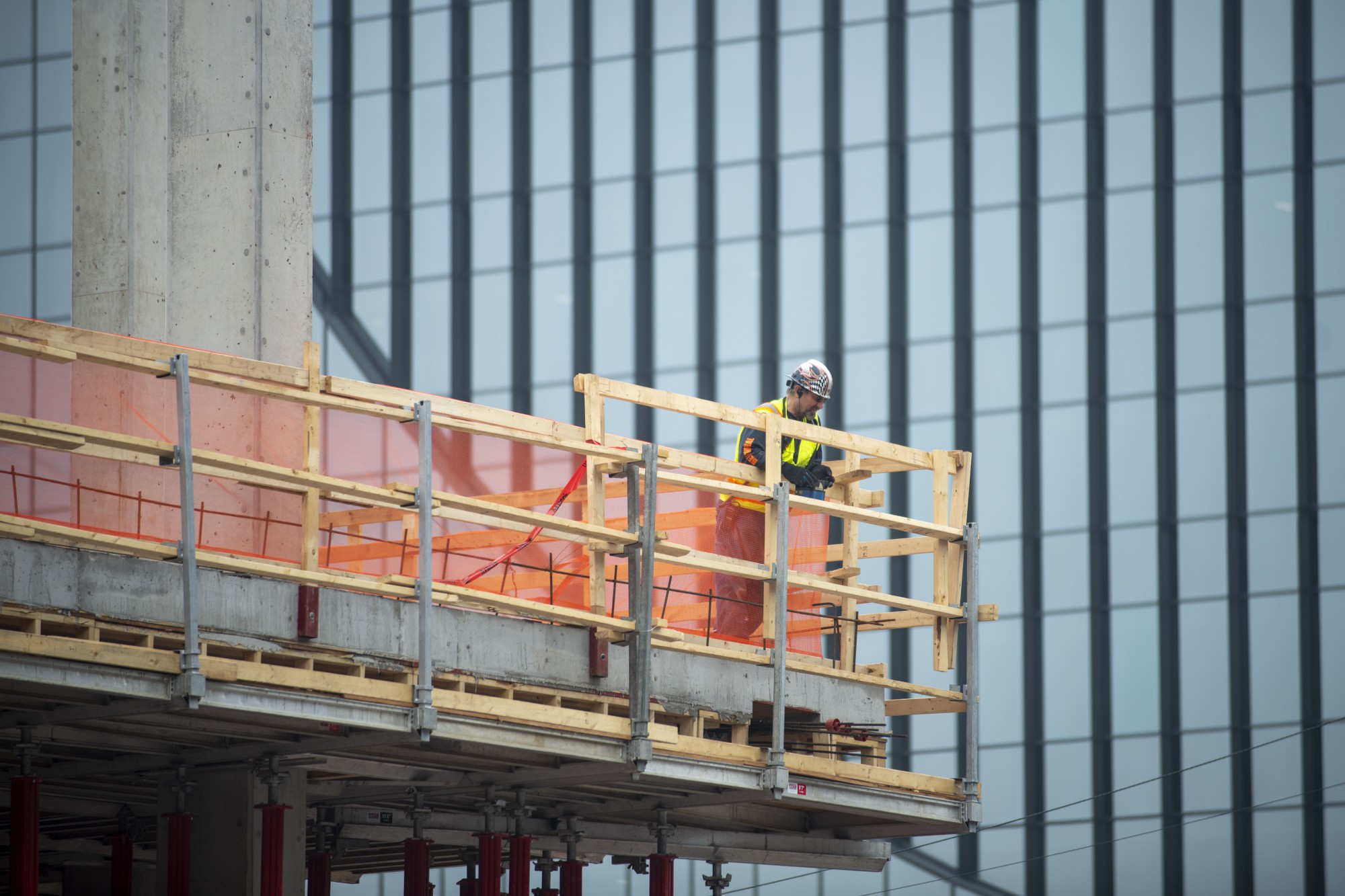Development projects around the University of Minnesota could be put on hold as policymakers try to decrease COVID-19’s spread.
The University area has been ripe for new construction for many years, with developers having put forward dozens of new proposals in nearby neighborhoods. Recent actions by government officials and uncertainty surrounding the virus could back up timelines for recent projects for months, causing some economic strain for developers, local experts say.
“Land markets are really at a standstill at this point … and that extends to developers who might be thinking about new residential developments or new commercial developments,” said Edward Goetz, director of the University’s Center for Urban and Regional Affairs, which works with local communities on issues like housing. “There’s a huge amount of uncertainty out there.”
Developers and city planning officials have shifted the way they operate to slow the spread of the virus, in accordance with guidance from government officials.
Consideration of land use applications has been suspended in the city of Minneapolis for 60 days starting March 16 per the declaration of a public emergency by Mayor Jacob Frey, which could create a backlog of projects.
The impact of the virus could throw off timelines that are essential, said Daniel Oberpriller, owner of North Bay Companies, which has developed student-focused housing in the University area for many years. For example, University-area developments often need to be finished by the start of the school year, he said.
“If you don’t start financing [by summer], you’re going to have to wait another year,” Oberpriller said.
North Bay’s latest project in Dinkytown under construction is “Trademark,” which would provide micro-unit apartments geared toward students. It is supposed to complete construction by this fall.
While Gov. Tim Walz’s stay-at-home order, which has been extended through May 4, deems most real estate and construction workers essential, Oberpriller is more worried about the availability of certain supplies, like cabinets, to finish the project.
Marcus Mills, the Marcy-Holmes Neighborhood Association’s land use and development committee chair, said the University area is likely to see some impact from coronavirus, but it won’t be too extensive. Many of the slowdowns are likely due to city officials and neighborhood groups having to change the way they operate for the time being, he said.
“They’re not entirely on hold — many of them have come up with novel ways to overcome what they’re dealing with in this particular circumstance,” he said. “Many things … have been either canceled or pushed back.”
Mills said he expects that disruptions to developments will last only up to a couple of months. Developers will likely find a way to make up for lost time as they often have contingency plans in place for some disruption, he said.
But Goetz said he still expects a slowdown due to lower confidence in the market. Developers may stall a project’s start because they need to have the assurance that tenants will be able to pay rent to account for the project’s cost once completed, he said.
“They need to know that their stream of income from rents is going to be good, strong and uninterrupted,” he said. “Until they can become confident of that, I don’t see a lot of developers moving forward quickly.”



















